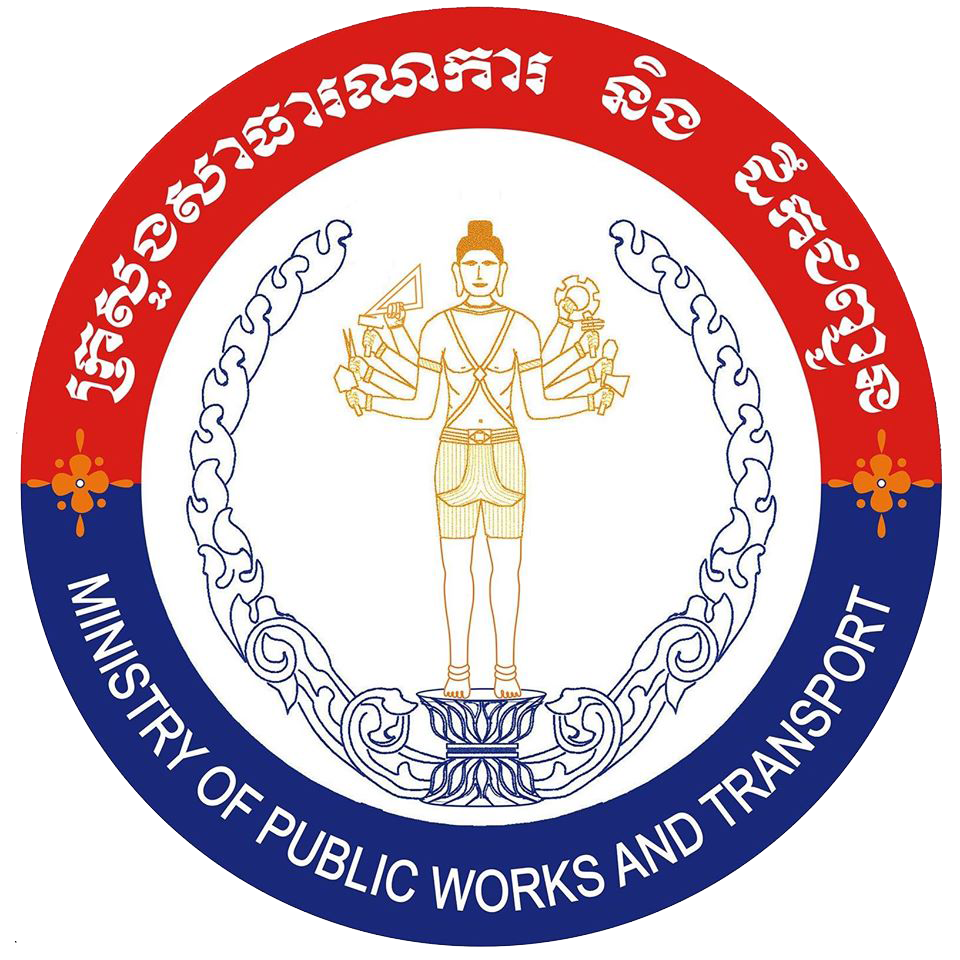- Home /
- Master Plan /
- Strategic Areas
Strategic areas
Strategic Area 1: Sustainable Transport Infrastructure
The aim of this strategy is to coordinate existing resources to deliver support across the full spectrum of transport infrastructure projects in Cambodia, including project preparation, improving infrastructure productivity, and capability building. It will address specifically the need for infrastructure projects that are of high quality, climate change resilience and responsive to the demands of the digital economy.
Strategic Area 2: SMART Logistics
Connectivity presupposes excellent logistics with Sufficient capacity and variety, multimodal, Advanced technology, and efficient and Reliable Transport (SMART). One of the underlying challenges is the issue of coordination between various government ministries, the private sector operators and a lack of cross-learning of best practices. There is an opportunity to create mechanisms to support greater collaboration amongst national and international logistics firms: this would help to identify bottlenecks across key areas of the region’s supply chains; collect and share best practices about how to tackle those issues across the region, and identify critical policy areas requiring attention. As such SMART Logistics would aim primarily at (i) enhancing smoother flow of freights along the three main economic and transport corridors, namely Phnom Penh-Sihanoukville, Phnom Penh-Poipet and Phnom Penh-Bavet, (ii) bringing down logistics cost, and (iii) providing new innovative logistics services to the existing logistics services.
Strategic Area 3: Human and Technical Development in Logistics
Cambodia needs to upgrade its human and institutional capital, especially in areas where the largest capability deficit lies. Human capital capability is even more important in building up the technical and managerial skills of national logistics operators.
Strategic Area 4: Strengthening of Legal and Institutional Framework
Cambodia’s regulatory regime for logistics services needs to be modernized and to close large and inconsistent gaps in laws and regulations by adopting international good practices and standards. There is a need to embed good regulatory practice (GRP) in the preparation, adoption, and implementation of rules, regulations, and procedures in the sector. The aim of this strategy is to support implementation of key policies critical for the transport and logistics agenda, particularly focusing on standards and technical regulations, as well as addressing the profession of transport operators. Currently, there are limited primary legislations or existing laws to govern the railway, maritime, inland water transport sector.
